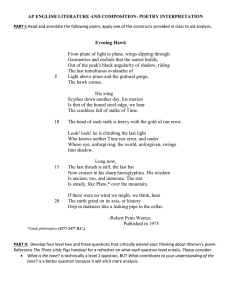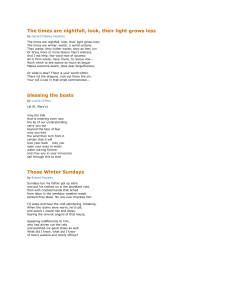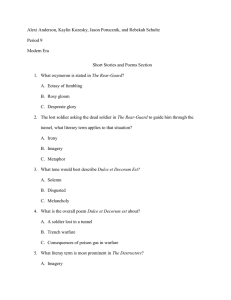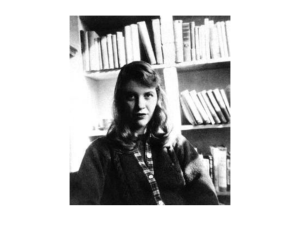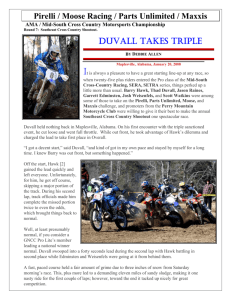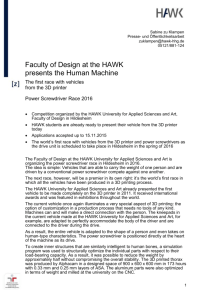File - Shripadh's Final Writing Portfolio AP English 12
advertisement
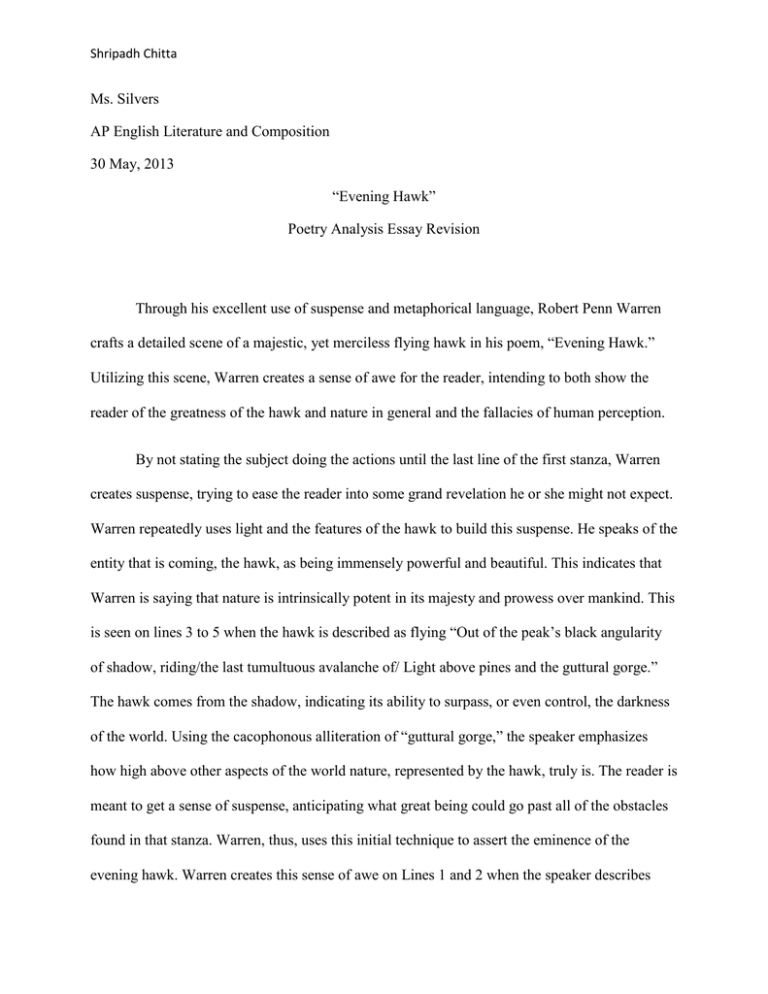
Shripadh Chitta Ms. Silvers AP English Literature and Composition 30 May, 2013 “Evening Hawk” Poetry Analysis Essay Revision Through his excellent use of suspense and metaphorical language, Robert Penn Warren crafts a detailed scene of a majestic, yet merciless flying hawk in his poem, “Evening Hawk.” Utilizing this scene, Warren creates a sense of awe for the reader, intending to both show the reader of the greatness of the hawk and nature in general and the fallacies of human perception. By not stating the subject doing the actions until the last line of the first stanza, Warren creates suspense, trying to ease the reader into some grand revelation he or she might not expect. Warren repeatedly uses light and the features of the hawk to build this suspense. He speaks of the entity that is coming, the hawk, as being immensely powerful and beautiful. This indicates that Warren is saying that nature is intrinsically potent in its majesty and prowess over mankind. This is seen on lines 3 to 5 when the hawk is described as flying “Out of the peak’s black angularity of shadow, riding/the last tumultuous avalanche of/ Light above pines and the guttural gorge.” The hawk comes from the shadow, indicating its ability to surpass, or even control, the darkness of the world. Using the cacophonous alliteration of “guttural gorge,” the speaker emphasizes how high above other aspects of the world nature, represented by the hawk, truly is. The reader is meant to get a sense of suspense, anticipating what great being could go past all of the obstacles found in that stanza. Warren, thus, uses this initial technique to assert the eminence of the evening hawk. Warren creates this sense of awe on Lines 1 and 2 when the speaker describes Shripadh Chitta “wings dipping through/Geometries and orchids that the sunset builds,” stating that the hawk is able to fly effortlessly through things humans would see as obstacles. Warren contrasts these qualities of the hawk with the flawed nature of humanity by emphasizing that while the hawk flawlessly “scythes down” the “stalks of Time,” human error runs rampant in the heads of the stalks. Using the words “heavy” and “unforgiven,” Warren criticizes the great extent to which humans have made errors throughout time. He also uses metaphorical language in various instances to capture the intent of his poem. Warren uses metaphorical language to state the superiority of the evening hawk and nature above humans. The reader is mean to hear the fall of Time, which does not fall. Warren adds this to emphasize the power of the hawk in manipulating uncontrollable forces, such as Time. Humans would not be able to control them, evidenced by the fact that “the head of each stack is heavy with the gold of” human “error.” The speaker states, on lines 12, that the hawk, “who knows neither Time nor error,” is magnificent and is able to do an action that humans cannot: not commit an error. Warren wants the reader to broaden this comparison to seeing that the hawk represents nature and its greatness. By stating that stalks of Time are weight down by “the gold of our error,” the speaker is saying that humans are capable of significant error, whereas the hawk is not. Using “gold” to represent the weight of error, Warren is asserting that the error is very deep rooted. The error is that humans believe that they are of equal stance or of a superior state compared to natural entities, such as the hawk. However, Warren destroys this notion completely by portraying the hawk’s ability to control aspects of the universe even humans cannot, such as Time. Shripadh Chitta Warren employs suspense and metaphorical language to not only create a sense of awe and respect for the hawk’s importance and power over nature, but also condemn the human notion that mankind somehow has qualities and abilities far superior to any part of nature.
